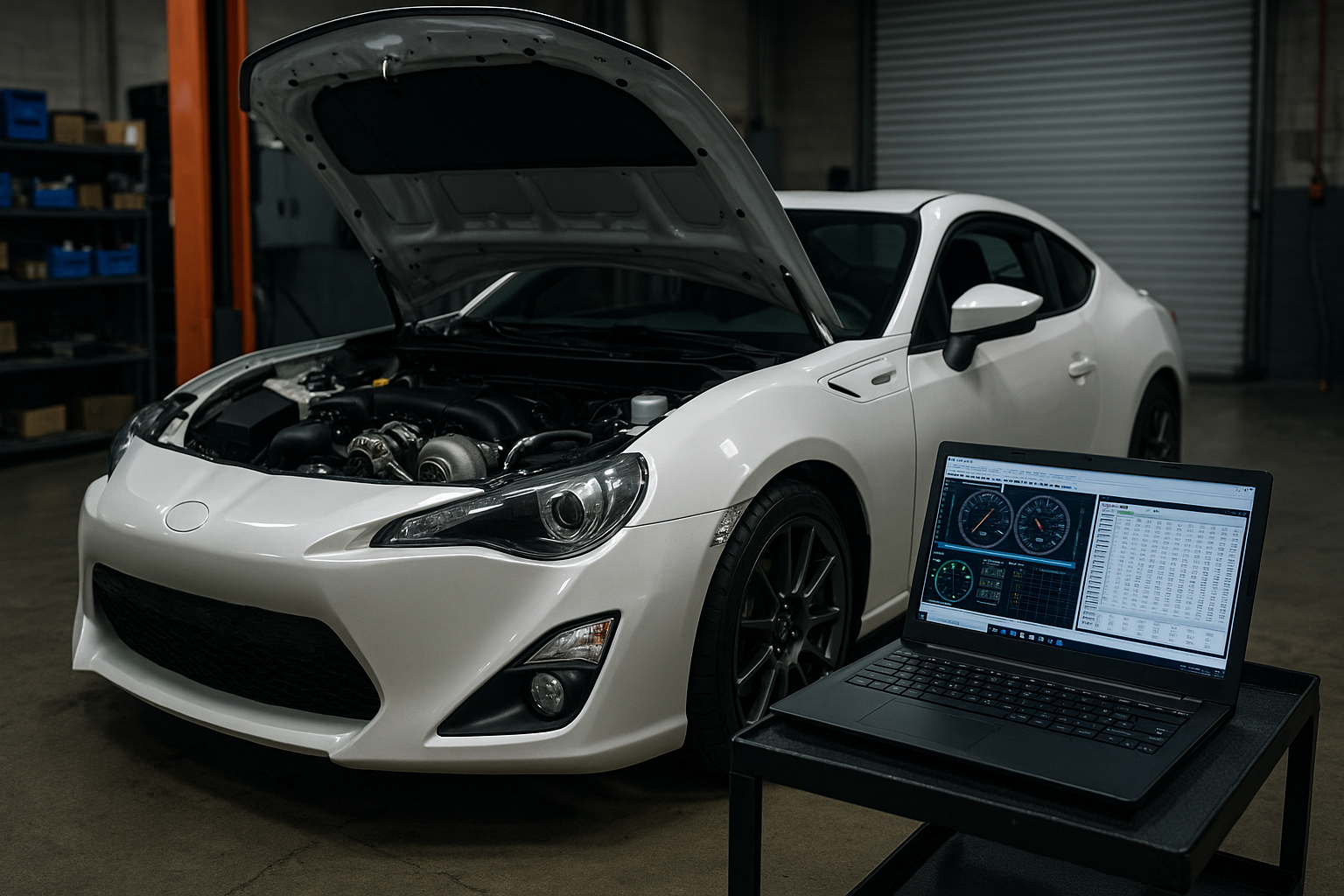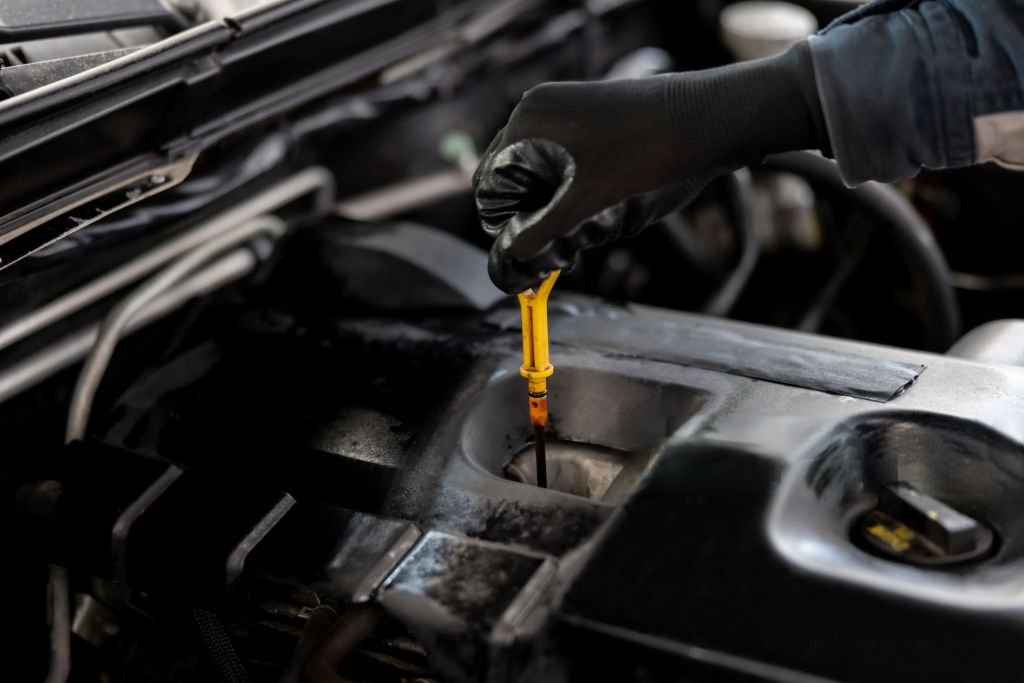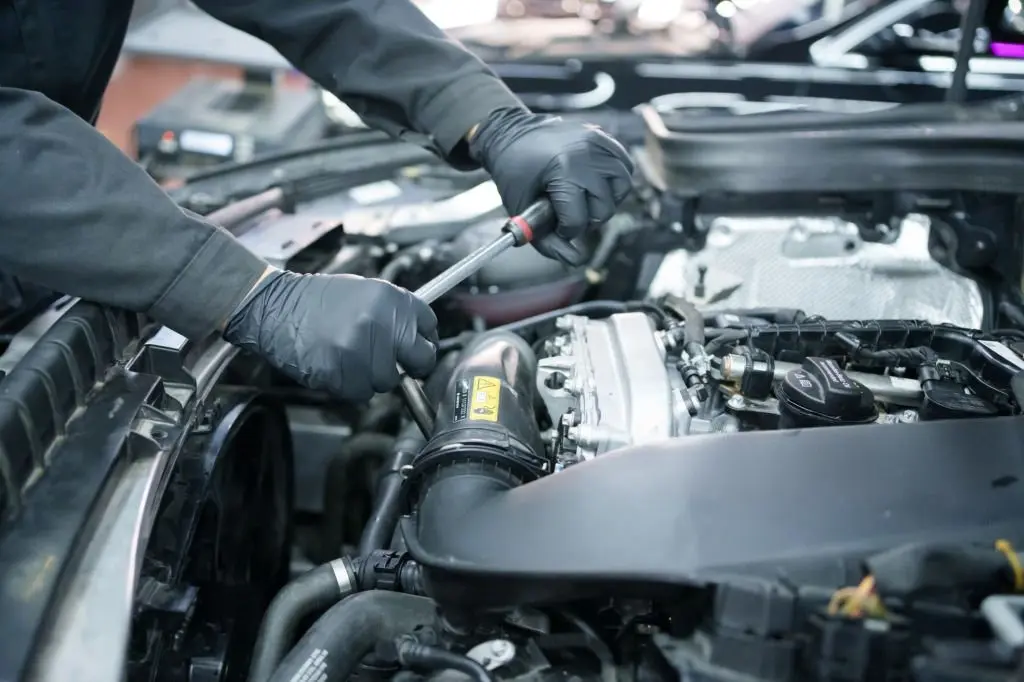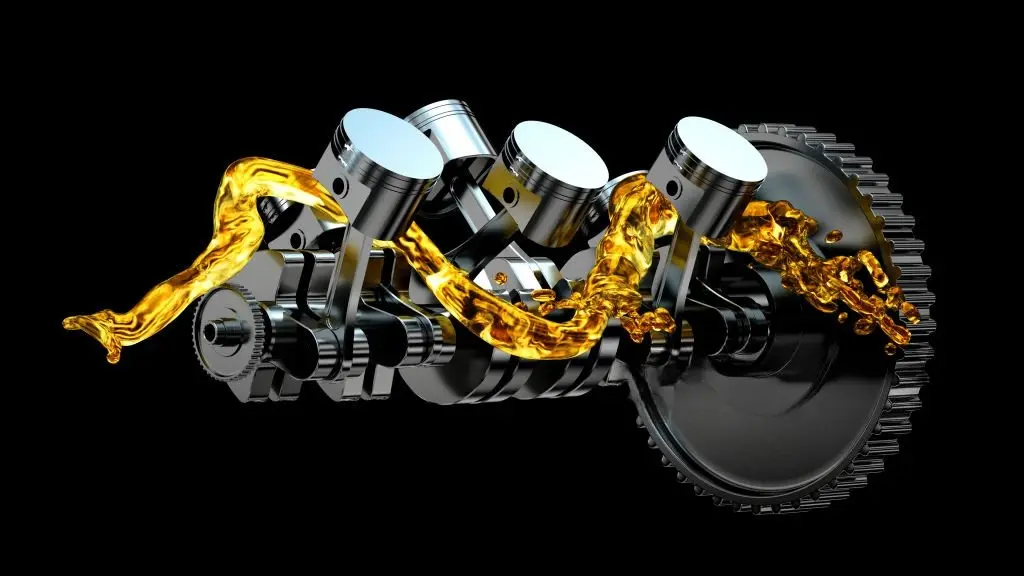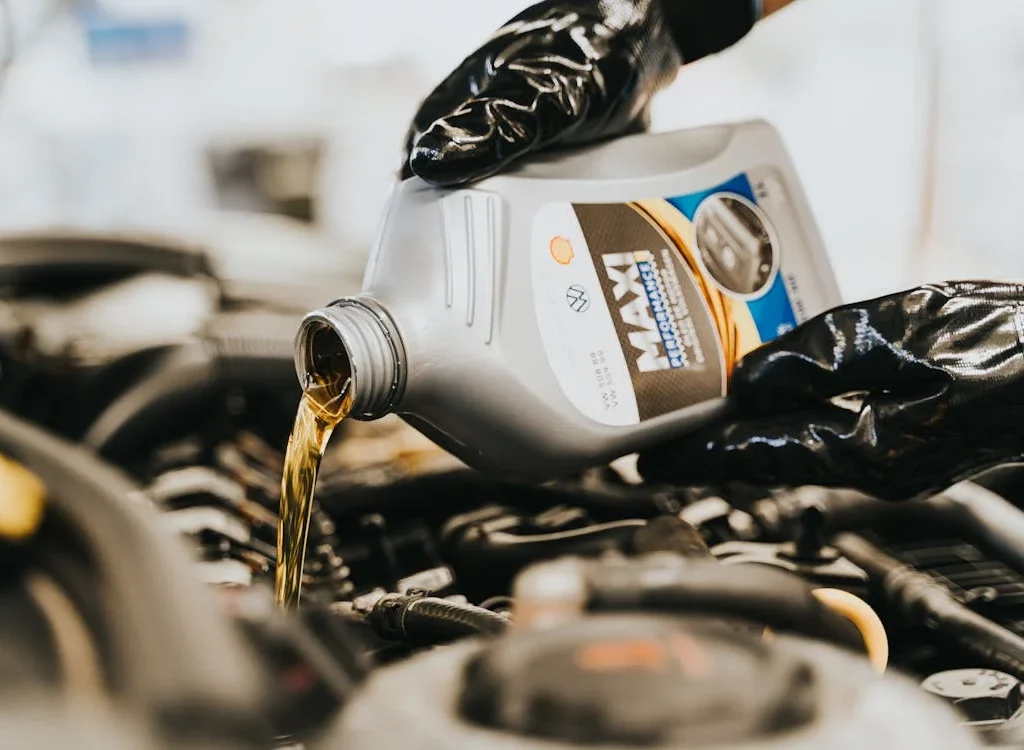
Table of Contents
- What Does an Oil Change Do for Your Car?
- Benefits of Regular Oil Changes for Vehicle Health
- How Often Should You Change Your Car Oil?
- Signs Your Car Needs an Oil Change
- Choosing the Right Oil for Your Vehicle
- Myths About Oil Changes You Should Stop Believing
- The Cost of Ignoring Oil Changes
- The Future of Car Maintenance
- Get Expert Oil Change Services Today
- Frequently Asked Questions (FAQ)
- Protect Your Engine—Book Your Oil Change Today!
- Conclusion
What Does an Oil Change Do for Your Car?
In this blog, we will delve into the advantages of performing a regular oil change for your car or truck. This simple act not only helps to extend the life of your engine, but it also has a significant impact on your vehicle’s overall performance. Additionally, we will dispel common misconceptions surrounding oil changes, provide tips on how to identify when it’s time for an oil change, and highlight how this routine maintenance can save you money and prevent costly mechanical issues. By regularly servicing your vehicle with an oil change, you can ensure that it runs smoothly and efficiently for years to come.
Note: Remember to check your vehicle’s owner manual for the recommended oil change interval.
Common Misconceptions about Oil Changes
There are many misconceptions surrounding oil changes, and it’s essential to address them to ensure proper maintenance of your vehicle. Some common myths include:
- You only need an oil change once a year.
- You can switch between conventional, synthetic, and semi-synthetic oils without any issues.
- As long as you’re using high-quality oil, it doesn’t matter when you change it.
While these may seem like reasonable assumptions, they can actually harm your engine in the long run. Let’s dive deeper into why these statements are false and how they can negatively
Benefits of Regular Oil Changes for Vehicle Health
When it comes to vehicle care, few tasks are as essential and cost-effective as a regular oil change. This straightforward maintenance step plays a critical role in improving engine performance, extending the lifespan of your car, and preventing costly repairs down the line. By staying on top of your regular oil change schedule, you can ensure your engine stays well-lubricated, operates smoothly, and remains protected from wear and tear, making it a smart and impactful choice for long-term car maintenance.
1. Boosts Engine Performance
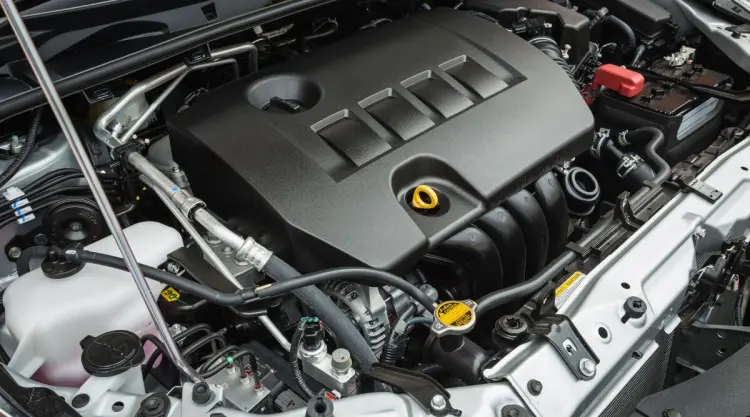
Regular oil changes are also beneficial for the environment. By keeping your engine in good condition, it reduces harmful emissions that can contribute to air pollution and climate change. Furthermore, regular oil changes help reduce the amount of used motor oil that ends up in landfills or polluting our rivers and oceans
Engines that go too long without oil changes start to experience performance decline. You might notice hesitation during acceleration, knocking sounds, or a generally sluggish feel when driving.
2. Prevents Engine Wear & Overheating
Regular oil change services are essential for maintaining your engine’s performance and preventing it from overheating. Engine oil plays a critical role as a coolant by minimizing friction and dissipating the heat generated inside the engine. Over time, old oil collects debris and carbon buildup, reducing its ability to keep your engine cool and efficient. Skipping a regular oil change can increase the risk of overheating, especially during extended drives or in hot weather conditions. Prolonged overheating may lead to severe engine damage, costly repairs, or even engine replacement. By keeping up with regular oil change intervals, you ensure that your engine remains clean, cool, and in optimal working condition.
This can cause your car to overheat, especially during long drives or in hot climates. In extreme cases, overheating can warp engine components and lead to costly repairs or even engine replacement. Routine oil changes help your engine stay cool, clean, and functional.
3. Extends Engine Life
Regular oil change is essential for maintaining engine performance and longevity. Neglecting this crucial maintenance step can lead to significant issues, as old oil breaks down and forms sludge over time. This sludge can clog vital oil passages, depriving critical engine components of proper lubrication and causing premature wear. Prioritizing a regular oil change not only prevents sludge buildup but also ensures that your engine stays protected and runs smoothly for years to come.
Think of a regular oil change as your engine’s defense system. It flushes out harmful contaminants and maintains internal cleanliness. Vehicles that stick to an oil change schedule consistently outperform and outlive those that don’t.
4. Improves Fuel Efficiency
Many drivers don’t realize that a regular oil change directly affects their fuel economy. When your engine is properly lubricated, it doesn’t have to work as hard. That reduced effort leads to less fuel consumption.
If you’ve noticed a sudden drop in your car’s mileage or find yourself at the gas pump more often, it might be time for an oil change. Clean oil ensures maximum engine performance and fuel efficiency.
How Often Should You Change Your Car Oil?
This is one of the most common questions car owners ask. The answer varies depending on your vehicle’s make, model, age, and the type of oil you use.
As a general guideline, a regular oil change should be performed every 5,000 to 7,000 kilometers if you’re using synthetic oil. Some older models using conventional oil may still require changes every 3,000 kilometers. However, always check your vehicle’s owner manual for specific manufacturer recommendations.
For DIY tips, you can explore our detailed blog on how to perform a basic oil change at home to save time and money.
Signs Your Car Needs an Oil Change
You don’t always have to rely on a set schedule for oil changes. There are several signs that your vehicle might need an oil change earlier than expected. Look out for the following:
- Engine noise: If your engine begins to sound louder than usual, it may be because the oil has broken down and is no longer lubricating the engine effectively.
- Oil on the dipstick: If the oil on the dipstick looks dark and dirty, it’s a sign that it’s time for a change.
- Check engine light: Sometimes, the check engine light will illuminate when oil levels are low or when the oil is due for a change.
- Burning smell: If you notice a burning smell coming from the engine area, this could be a sign of leaking oil or old oil that’s not functioning properly.
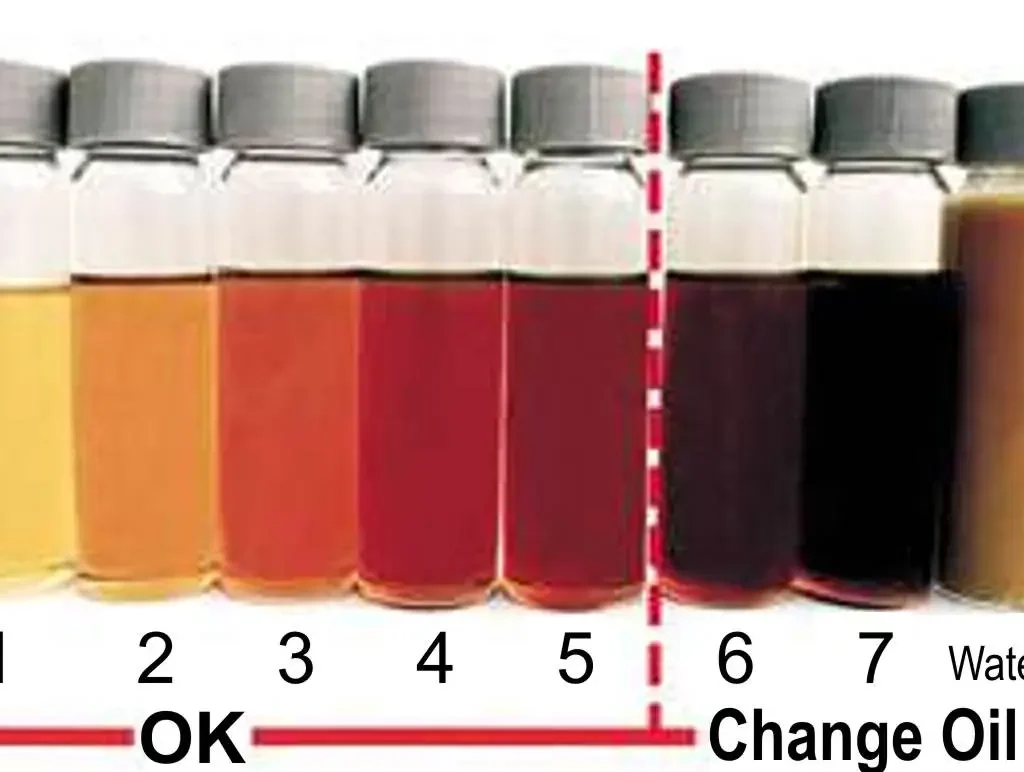
Choosing the Right Oil for Your Vehicle
Not all engine oils are created equal. From synthetic oils to high-mileage oils, selecting the right one ensures optimal performance. Learn more in our guide: What Makes a Reliable Car Care Partner
Myths About Oil Changes You Should Stop Believing
1: You Must Change Oil Every 3,000 km
This myth dates back to older engine technology. Modern engines and synthetic oils can go much further between changes. Follow your manufacturer’s guidelines for the right oil change intervals.
2: Dark Oil Means It’s Bad
Oil naturally darkens as it does its job. What’s more important is its texture and smell. Thick, gritty oil or oil that smells burnt is a sign it’s time for a regular oil change.
3: You Can Use Any Type of Oil
Using the wrong oil type can void warranties or damage your engine. Learn how to choose perfect gadgets and accessories including oil filters and more.
The Cost of Ignoring Oil Changes
Neglecting regular oil changes might seem like a small oversight, but over time, it can lead to serious consequences that affect both your car’s performance and your wallet.
- 1. Complete Engine Failure:
- Engine oil is responsible for lubricating all the moving parts inside your engine. When oil becomes old, dirty, or breaks down, it loses its ability to protect these parts. Friction increases, heat builds up, and over time, critical engine components begin to wear out or seize. In extreme cases, this can lead to total engine failure—leaving you stranded and facing a costly engine replacement that could have easily been avoided with regular oil changes.
- 2. Poor Fuel Economy:
- Dirty or degraded oil makes your engine work harder because it doesn’t lubricate as effectively. This extra effort means more fuel consumption, which directly impacts your fuel efficiency. Over time, you’ll find yourself making more trips to the gas station and spending significantly more on fuel than necessary.
- 3. Costly Repairs and Part Replacements:
- Skipping oil changes leads to sludge buildup, clogged oil passages, and accelerated wear of internal components like pistons, bearings, and camshafts. These repairs are expensive and often time-consuming. Regular oil changes are a simple, affordable way to prevent such high-cost mechanical issues.
Explore how car tuning for beginners can also help you understand your vehicle’s needs better.
The Future of Car Maintenance
Technology is revolutionizing the way we care for vehicles. In the near future, regular oil changes might be managed by:
- AI-powered diagnostics: Your car will notify you with precision when oil changes are needed. Learn more in The Future of Cars: How the Automotive World is Evolving.
- Smart oils: Newer formulations that adapt to driving conditions.
- Automated oil change stations: Drive through and get your oil changed without leaving your car.
Staying informed about these innovations ensures your vehicle stays ahead of the curve in care and performance.
Get Expert Oil Change Services Today
Looking for a reliable auto service? Autoustaz offers trusted, affordable regular oil change services in your area. Whether you want in-garage service or doorstep convenience, our team has you covered.
Visit our website to schedule your next regular oil change. Enjoy peace of mind knowing your engine is in safe hands.

Frequently Asked Questions (FAQ)
Q1: How often should I change my car’s oil?
A: Most cars require an oil change every 3,000 to 5,000 miles, though newer models may go up to 7,500 miles with synthetic oil. Always check your owner’s manual for the manufacturer’s recommendations.
Q2: Can I change my oil myself?
A: While changing your oil is a DIY task many car owners can perform, it’s important to have the necessary tools, knowledge, and disposal methods for used oil. If you’re not sure, it’s best to leave it to professionals.
Q3: What type of oil is best for hot climates?
Synthetic oils like 5W-30 or 10W-40 are ideal for high temperatures because they maintain their viscosity and protective properties even under extreme heat. These oils ensure consistent lubrication, reduce engine wear, and help prevent overheating, making them an excellent choice for vehicles operating in hot or harsh driving conditions.
Q4: Where can I find a trusted service for oil change near me?
Use Autoustaz to find quick, reliable oil change services in your area with just a few clicks. Whether you’re at home or on the road, our trusted professionals provide convenient, high-quality oil change solutions tailored to your schedule—ensuring your car gets the care it needs, when it needs it.
Protect Your Engine—Book Your Oil Change Today!
A regular oil change isn’t just a maintenance task—it’s an investment in your car’s long-term health. Don’t wait for engine trouble to strike.
👉 Visit our shop to book your service now or browse our website for more car care solutions.
Summary
In conclusion, regular oil changes are one of the most cost-effective ways to ensure the longevity of your vehicle’s engine. Whether you choose to perform the oil change yourself or have a professional do it, make sure you’re sticking to a routine maintenance schedule. Your car will thank you with smoother performance, fewer repairs, and a longer lifespan. If you’re in need of an oil change, contact us today and schedule an appointment at Autoustaz!

 Cart is empty
Cart is empty 




